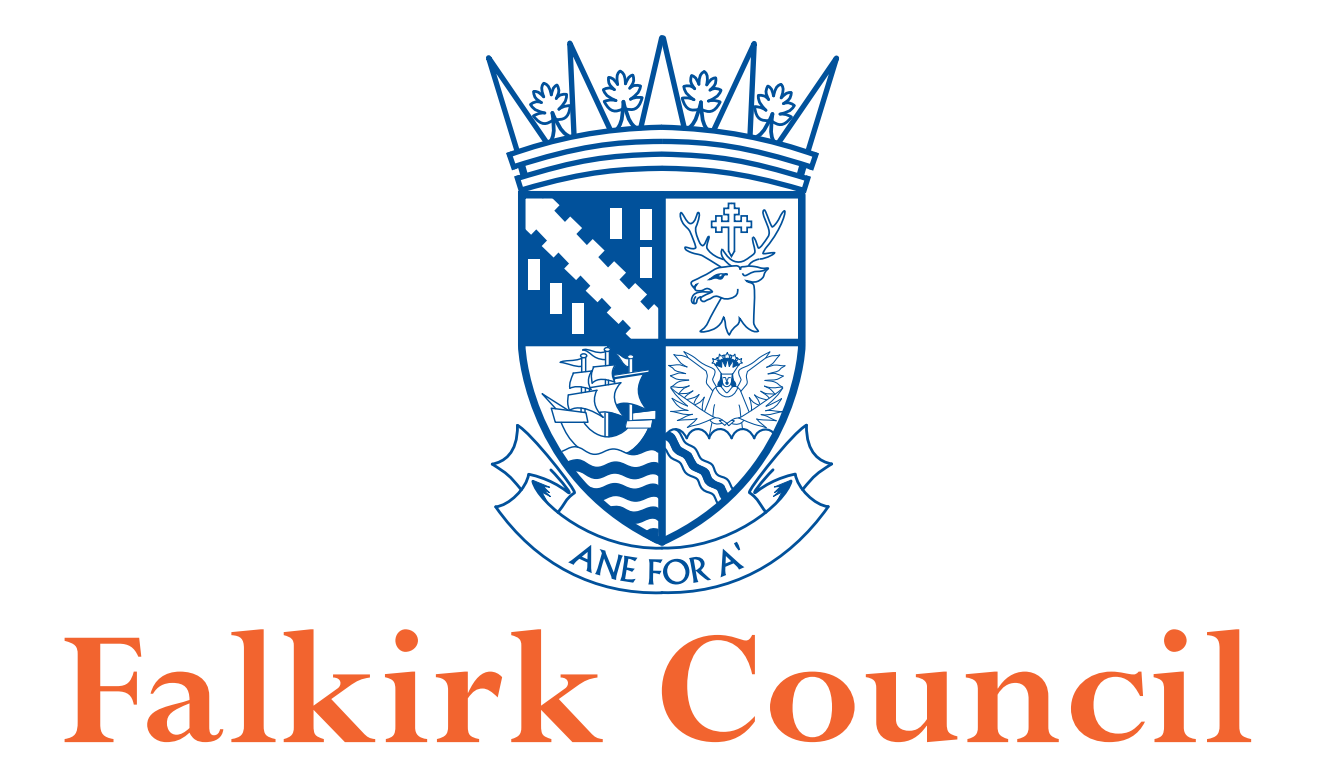‘Urgent progress’ needed for Falkirk Council to make £70m savings

Falkirk Council’s leaders need to urgently make and implement big decisions about how to deliver sustainable services and make significant and necessary savings having stalled progress over the past three years, according to the Accounts Commission.
The independent body that holds local councils to account said it cannot yet have confidence the council will be able to make savings of £70 million over the next five years. Doing so will require councillors to make difficult decisions that they have, so far, been unable to do.
Many services for local people in Falkirk are currently performing well, and continue to improve, the Commission said. But there remain significant underlying issues that must be addressed including making longer-term financial decisions. There has also been little change or impact from a programme set up four years ago to transform how the council works and address a growing future funding gap.
Falkirk’s councillors and executives worked well to lead and support staff in tackling the impacts of Covid-19. Close joint working between the council, the local Health and Social Care Partnership and NHS Forth Valley were also critical in the area’s response to the pandemic.
Now the Commission has highlighted the need to see the council taking further action with its community planning partners to empower communities. Critical to this is the implementation of long overdue locality plans. These plans support the area’s most disadvantaged residents. Greater benefits for local communities will also be realised by further integrating health and social care services, delivered through the Integration Joint Board.
Tim McKay, interim deputy chair of the Accounts Commission, said: “Change is required urgently at Falkirk Council. It is frustrating that there has been insufficient progress since our 2018 report. All councillors must fulfil their obligations to make challenging decisions for the benefit of local people.
“Councillors and officers must work together to deliver savings and deliver services differently. With improvement and change having been inconsistent and falling short of the Commission’s expectation, a further report in 2023 will cover what progress has been made.”








